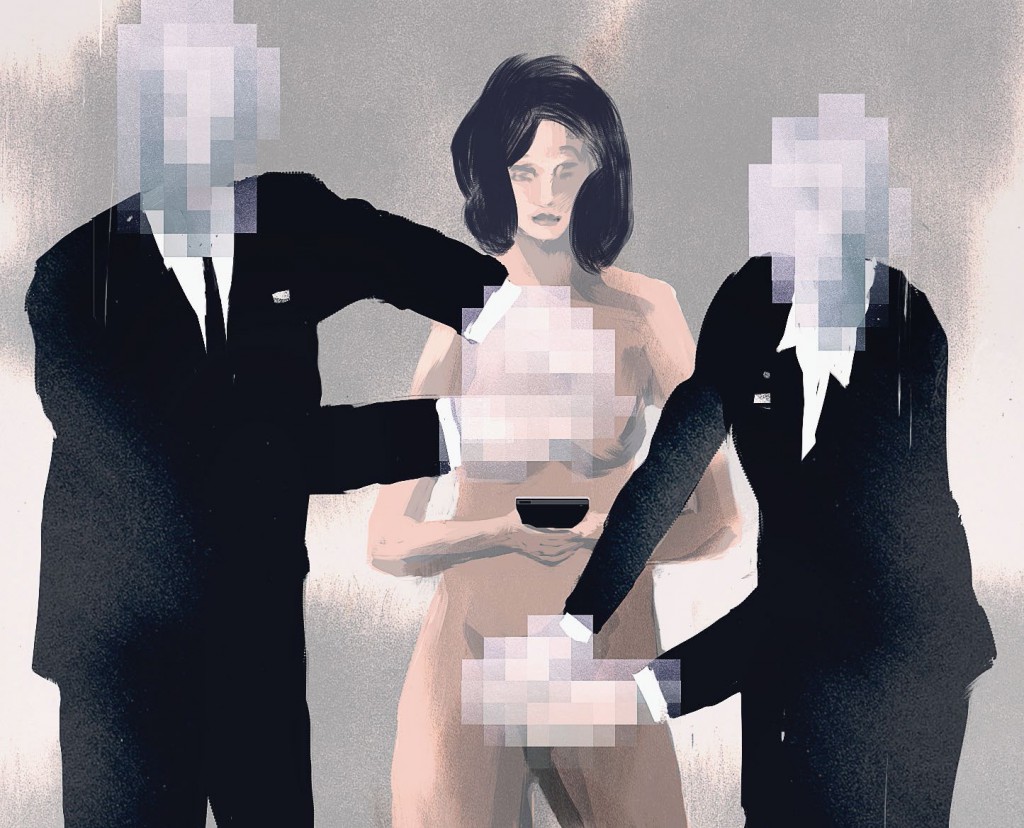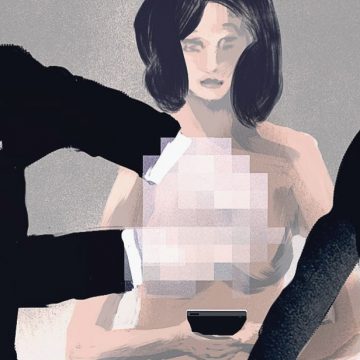NAKED PICTURES! Did I get your attention?
Recently, a group of internet agitators tried that same strategy, threatening to release naked photos of actress Emma Watson to gain notoriety. Watson had just appeared before the United Nations as a Goodwill Ambassador for UN Women to speak in favour of gender equality. In the end, no pictures were released. Thankfully, it was all a hoax.
But in the weeks prior, at least one hacker did release naked photos of female celebrities. Reportedly, the hacker stole the pictures from password-protected iCloud accounts, and shared them online, where they were seen and saved by many. Once the images went viral, the women had no way to claw them back.
The consequences of this kind of privacy breach can be devastating. The tragic case of a teenager from Nova Scotia is an example of the havoc the dissemination of a single picture can wreak on someone’s reputation and mental health. The teen, whose name is now protected by a publication ban, attempted suicide after a photograph of her — naked from the waist down, vomiting out of a window with a young man pressed up against her — spread throughout her high school community. She later died in hospital. At one point, the group Anonymous threatened to release the names of the boys allegedly involved. However, the girl’s family urged against vigilante justice. In September, a now-20-year-old man pleaded guilty to the charge of making child pornography after admitting he took the picture on his cell phone.
I will leave it to the sociologists to determine what drives people to such malicious behaviour. But clearly it’s time for the law to catch up with technology.
Bill C-13, which is currently before Parliament, is a good start. The proposed law, the Protecting Canadians from Online Crime Act, makes it a criminal offence to post or send an intimate image of another without his or her consent. Unfortunately, the bill comes with some alarming side effects in the name of safety. If it passes, Bill C-13 will allow police to access people’s private metadata — showing who they’ve emailed, called or texted — simply by proving reasonable suspicion (the possibility of criminal behaviour) rather than the higher standard of reasonable and probable grounds. It also gives legal immunity to companies that voluntarily hand over customers’ private info. This is big: in 2011, government agencies made 1.2 million requests for such data. And with Bill C-13, companies are free to hand it over. Calls to split the bill — to remove these privacy infringements — have gone unheeded.
In the meantime, victims of revenge porn do have legal options. In addition to criminal charges of harassment, unauthorized computer use, extortion and, in the case of photographs of minors, the making, possession or distribution of child pornography, civil litigation is also an option.
In 2013, partly as a result of the Nova Scotia case, the province passed the Cyber- safety Act. This allows victims to sue for general, special, aggravated and punitive damages. Where a defendant is a minor, parents are on the hook for damages unless they prove they were exercising reasonable supervision over the minor at the time.
The Cyber-safety Act, along with existing privacy laws in other provinces, offers a reaction to revenge porn after the fact, but we need to deter people from maliciously posting intimate photos in the first place. And that’s where Bill C-13 can help: posting intimate photos without consent should indeed be a crime. It’s just a shame that the government is using the laudable aspects of the bill to force Canadians into accepting diminished privacy rights.
If only we could attract some public attention to the issue . . . I’m open to your suggestions, but please — let’s leave naked pictures out of it.
Julia Lefebvre is an associate at Bersenas Jacobsen Chouest Thomson Blackburn LLP with a focus on media and defamation law.

Illustration by Miko Maciaszek


